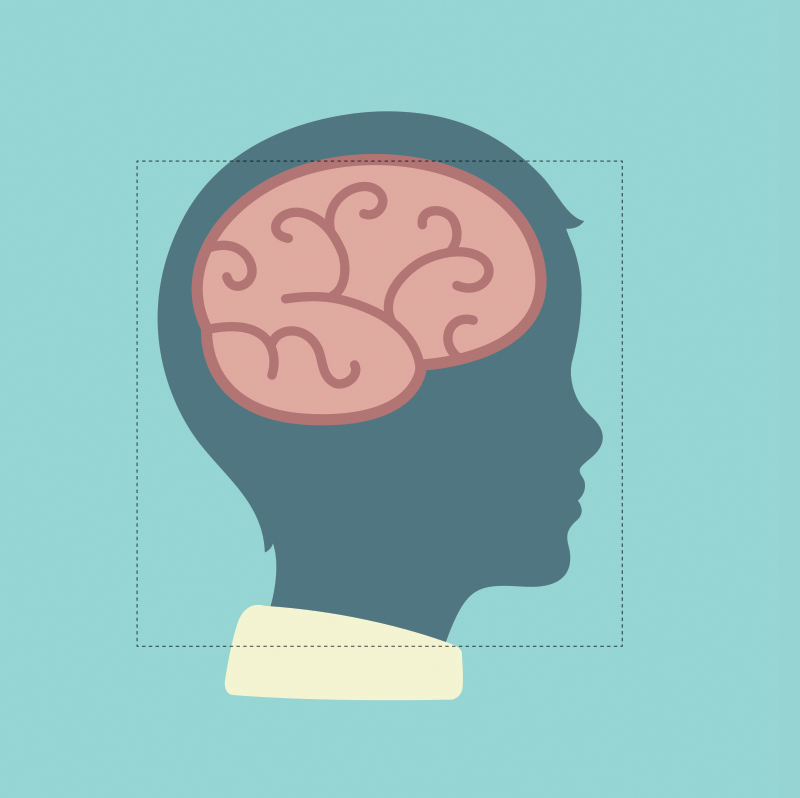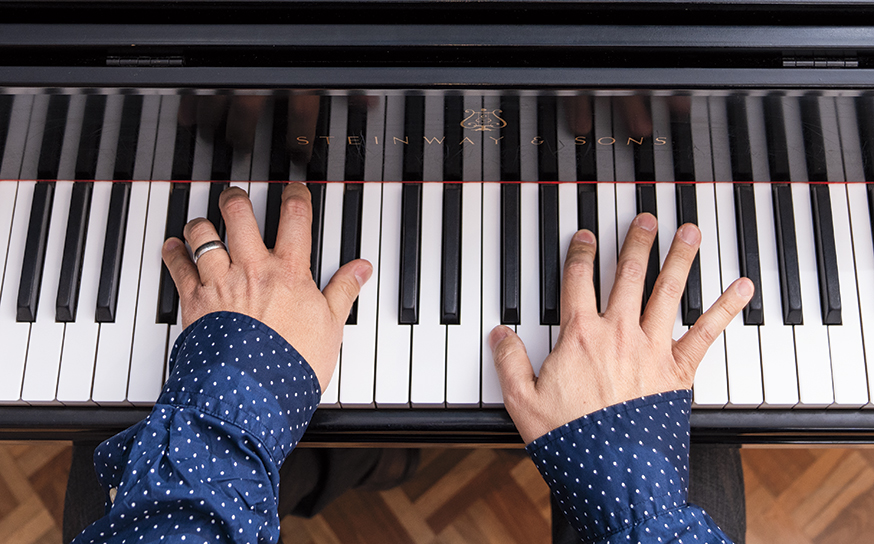
Parenting Primer
From penning How to be a Grown Up: The Ten Secret Skills Everyone Needs to Know to guest appearances on the morning shows, licensed psychotherapist Stacy Kaiser has a reputation for getting people to face reality.
-
CategoryPeople
With today’s intense academic pressure, the popularity of social media and easy accessibility of recreational drugs, raising children now is more challenging than ever. For this All About Kids issue, editor-in-chief Linda Grasso queries Calabasas-based therapist Stacy Kaiser on everything from grappling with parents who bully to teenagers who isolate.
Social media has made parenting really challenging. Thoughts?
I agree. Many parents are not on social media or do not know all of the sites and how they work. Also, kids are being influenced in a bigger way because they can have conversations with not just friends but strangers—24 hours a day. Strangers can stalk and interact with our children via social media sites and so as parents, we need to be more vigilant than ever before.
Can you offer some simple guidelines?
Parents need to be on the same social media sites as their children, and they need to have all their kids’ usernames and passwords. Social media activity needs to be monitored on a regular basis and parents need to be educated how the various sites work. Kids need to be reminded about what to do if there is anything inappropriate.
I recommend setting age-appropriate limits for how much and how long social media access is allowed. For elementary age children with cell phones, I suggest blocking access to social media sites.
Which social media site should we keep our kids away from?
Snapchat. Kids can take photos, and they seem to disappear within seconds. Most kids do not realize that the photo still “lives somewhere” and that it has not completely vanished. Also, this app sometimes inspires teens to take inappropriate photos. Again, the teen figures that the recipient will only see the photo for a matter of seconds. This site is also a big target for predators. Also, even if you are friends with your child on Snapchat, you can easily be blocked from some or all of their photos and videos—without you ever knowing.
Twitter. Few parents are on this, and so it tends to be less monitored. If you have a child or teen who is on Twitter, open a Twitter account for yourself and insist that they friend you. While there are privacy settings on Twitter and it is safer if you use them, many kids don’t because it prevents their tweets from being re-tweeted by others. Having a public, unrestricted account gives anyone in the world access. Kids often tweet about where they are, photos of their school, etc.
KIK Messenger, Viber and other messaging apps, which allow users to send messages, photos and videos to others privately. No parental controls, ways to authenticate users or ways to track what is going in and out.
Social media, in general, can make your kid a target for predators. Monitor all sites, friend your kids on those sites and regularly check smartphones and computers.
We’ve all heard about kids who bully, but what about moms who bully?
This typically comes out of insecurity. Interestingly enough, most of these moms do not even realize that they are bullies—even though they clearly are engaging in actions that hurt children. Advice: Distance yourself and your child. Educate your child that there are mean people in the world sometimes, who say and do mean things. And gently try to let the person know that they are hurting your child’s feelings.
When girls fight, should moms get involved to try and resolve?
Depends on their age and maturity. In general, parents should try to coach the child to handle issues on their own by teaching them to use their words, be as kind as possible and to address issues in a healthy way. If that does not work, it may be time for parents to get involved with the intent to create peace.
Let’s talk about kid athletics—generally a good thing—but sometimes not.
When the sport becomes more about the parents, the impact on a child can be damaging. Children who are pushed too hard or too fast often end up anxious, depressed and with low self-esteem and motivation. If you find yourself caring more about the sport—particularly when it comes to successes/wins—than your child, it is a warning sign. Another red flag: if your child is begging to stop and you continue to push them to play.
There can also be a tendency to get over-involved as we try to prevent failures.
Yes, sometimes parents try to do the work for their kids instead of teaching them to do it themselves. The most happy and successful adults are those who have learned the skills to solve the problems that they face in life. The “helicopter” parent tends to either raise rebellious or passive kids. Both types end up struggling to make it on their own.
So many kids are being sent away to therapeutic boarding schools and rehab these days. Why the increase?
Kids have been using drugs and alcohol and have had psychological problems from the beginning of time. The reason that we seem to see more of this is that parents and schools are more aware of these types of issues and there is less of a stigma than there was even five years ago. More kids are able to get the right help. Also, because of the legalization of marijuana, kids have more access and are more frequently using it to excess.
With teenagers it is so easy to lose touch as they pull away and try to grow up. Suggestions?
Develop some of the same interests as your teen. Appreciate some of the same music, watch their favorite TV shows and get involved in the same sporting activities. These things will give you a baseline for conversation and shared activities. Plus, try and talk to your teenagers when they are in the mood to talk—perhaps during a car ride or a dinner when they are in the right frame of mind.
Kids—of all ages—feel so much academic pressure. Words of wisdom?
Good grades and test scores are not necessarily indicators of success in life. Successful adults are grounded, motivated, goal-oriented, comfortable in their own skin and good with people. Too much academic pressure can lead to depression, anxiety, low self-esteem and even suicidality. Parents should pay very close attention to their child’s emotional well-being. If your child is buckling under pressure, it is important to heed that as a warning sign.











